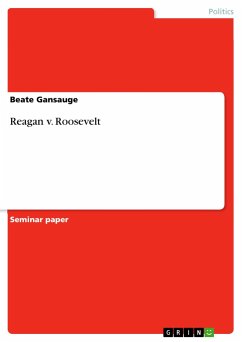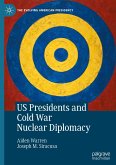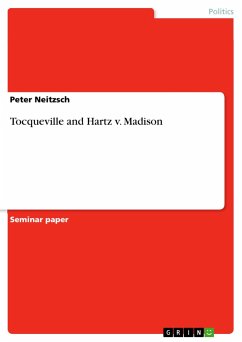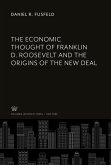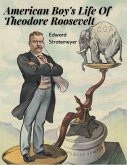Seminar paper from the year 2006 in the subject Politics - International Politics - Region: USA, grade: 1,3 (A-), Dresden Technical University, language: English, comment: Argumentative Essay , abstract: In this paper I argue that the anti social liberalism critique of the 1980s did not live up to its strong rhetoric. This is due to a number of reasons. First and foremost, during Reagan's presidency the Democratic majority in Congress had the power to block any means going beyond their accepted limits. Second, Reagan and his fellow Republicans knew very well that Americans had become very attached to certain aspects of the post-New Deal welfare state, especially health care and unemployment benefits. Other aspects, such as the support of labor unions, had a weaker standing in the general population and thus were more open for debate. Reagan pushed for deregulation to solve a situation that was in some aspects similar to that of the 1930s - the economy was stagnating, unemploymentrose, inflation was threateningly high. Yet, in other ways the 1980s were, of course, completely different. The middle class had gotten used to an ever increasing living standard in the previous four decades. New technologies had become widely available, economic ills had been almost absent for a vast number of white working and middle class people for the longest period ever in the history of the United States. The fear of economic deprivation was rooted deeply in the American people, yet America was far from the desparation of the Great Depression. When Reagan promised a "morning in America" many voters gladly turned to this cheerful, persuasive former Hollywood actor. It also helped that Reagan predecessor Carter did not seem to have any means to stop the recession and that independent candidate John Anderson split the vote in the 1980 election.
Hinweis: Dieser Artikel kann nur an eine deutsche Lieferadresse ausgeliefert werden.
Hinweis: Dieser Artikel kann nur an eine deutsche Lieferadresse ausgeliefert werden.

